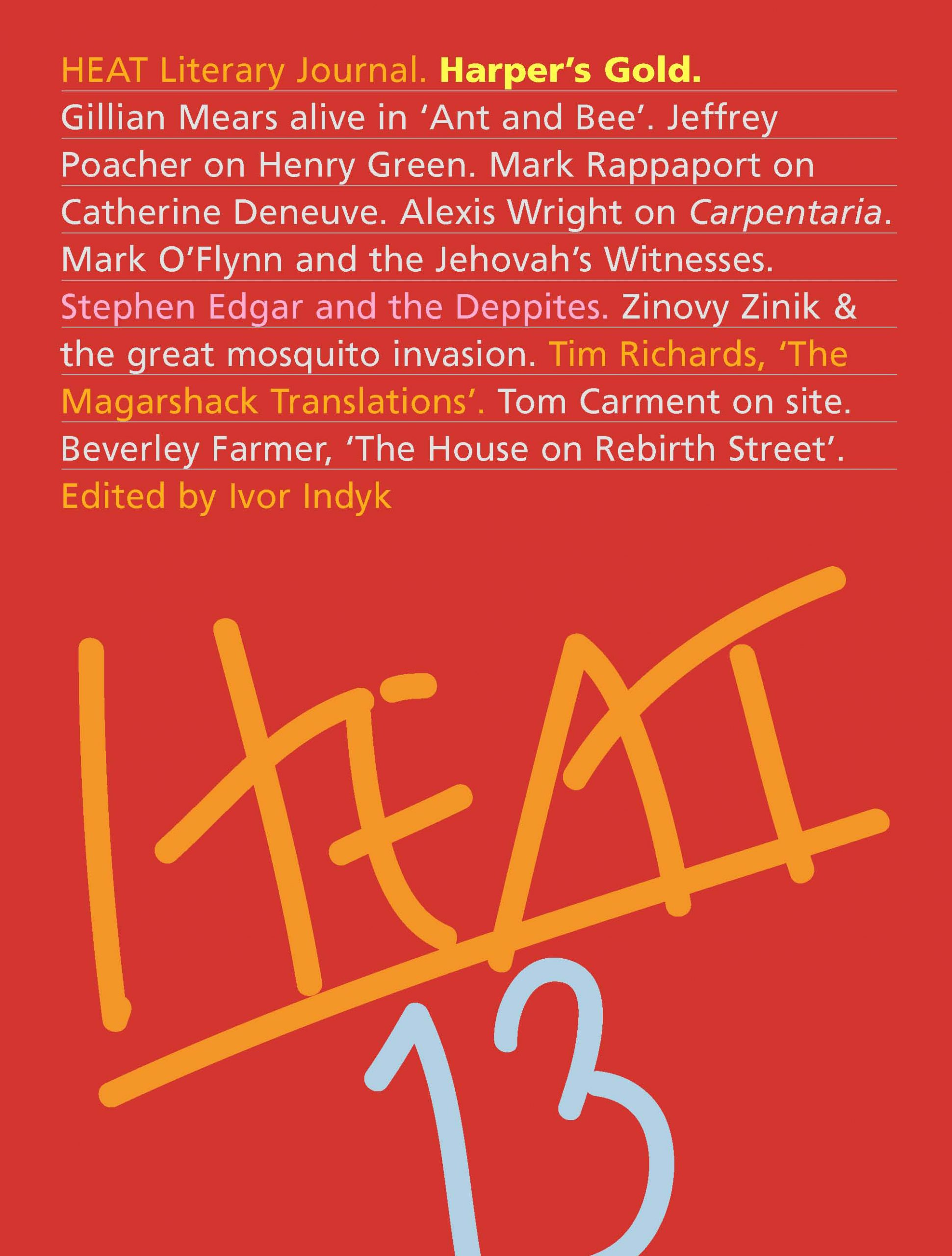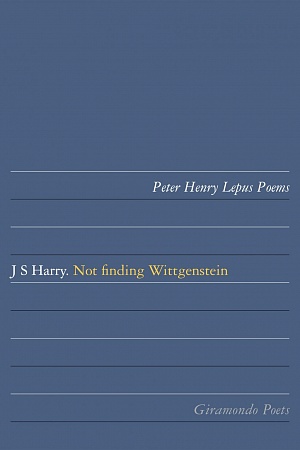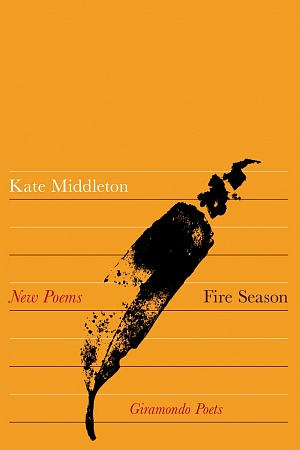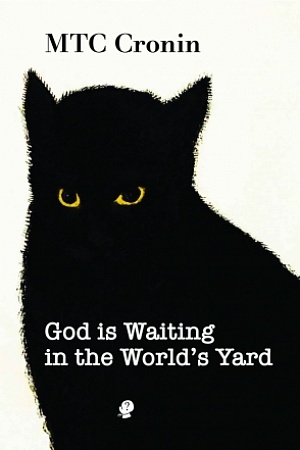Griffith Review 16: Unintended consequences
ABC Books, $19.95 pb, 264 pp, 9780733321221
Public and personal
On the fortieth anniversary of the 1967 referendum, the Weekend Australian editorial devoted considerable time to savaging the dominant 1970s model of indigenous development, most closely associated with Nugget Coombs: a ‘neo-pastoralist dream [that was] philosophically flawed, a fatal fusion of romanticism and Marxism’. Helen Hughes, in an excerpt from Lands of Shame in the same newspaper, echoes the sentiment, labelling the re-creation of remote communities ‘reverse racism’. Hughes writes: ‘a few courageous leaders are demanding an end to welfare dependence, but their voices are drowned out by articulate élites.’ Enter Noel Pearson, whom the paper’s editorial applauds, along with John Howard. The Australian also published an edited version of the fifty-page article ‘White Guilt, Victimhood and the Quest for a Radical Centre’ that appears in Griffith Review 16. ‘White Guilt’ puts flesh on Pearson’s well-known objection to welfare and his emphasis on individual indigenous ‘responsibility’. He looks to early black-American models of liberation, including those of Booker T. Washington and W.E.B. Du Bois, for inspiration. It will surprise no one to learn that Pearson favours Washington’s approach, in which ‘blacks should secure their constitutional rights through their own moral and economic advancement’, over Du Bois’s call for ‘ceaseless agitation’. Pearson firmly believes that public policy should encourage the most disadvantaged people in society to change the way they think about themselves, rather than the way the majority thinks about them. While acknowledging that racism originates at a systemic level, Pearson argues that it is a ‘terrible thing to encourage victims … to see themselves as victims’. The consciousness of Bill Cosby, he suggests, would be a good role model. Pearson draws extensively on the black American Shelby Steele, who argues that white guilt, in the form of affirmative action, for example, erodes black agency by making blacks feel helpless: ‘agency’, Steele believes, ‘is what makes us fully human.’
Continue reading for only $10 per month. Subscribe and gain full access to Australian Book Review. Already a subscriber? Sign in. If you need assistance, feel free to contact us.












Leave a comment
If you are an ABR subscriber, you will need to sign in to post a comment.
If you have forgotten your sign in details, or if you receive an error message when trying to submit your comment, please email your comment (and the name of the article to which it relates) to ABR Comments. We will review your comment and, subject to approval, we will post it under your name.
Please note that all comments must be approved by ABR and comply with our Terms & Conditions.